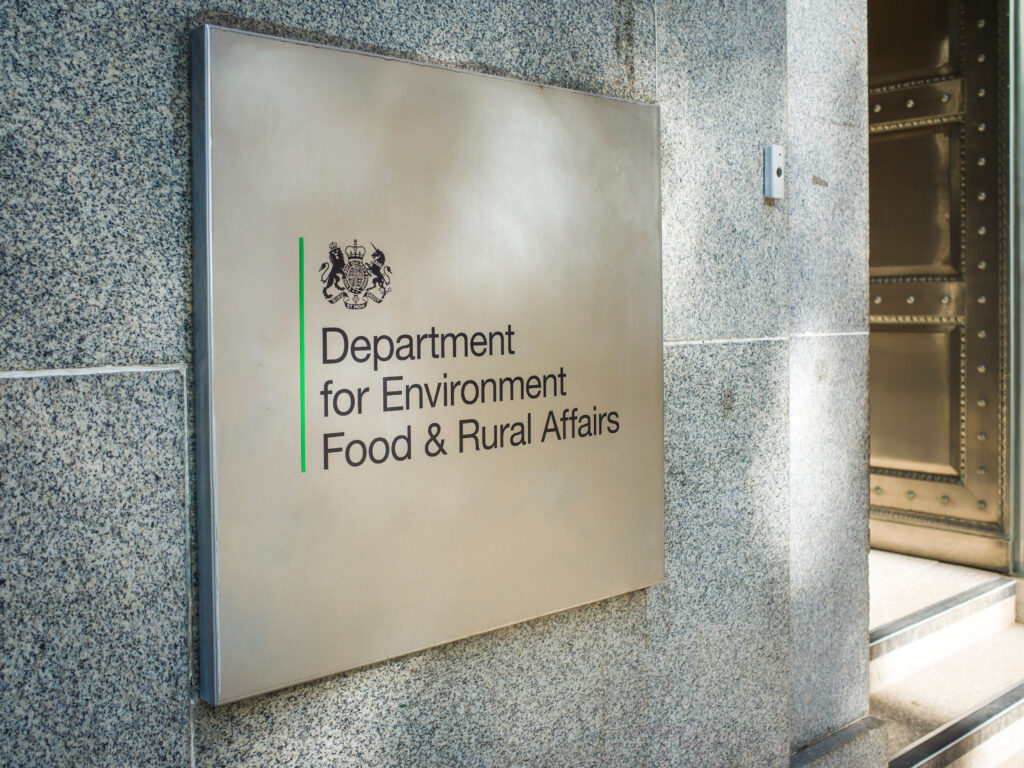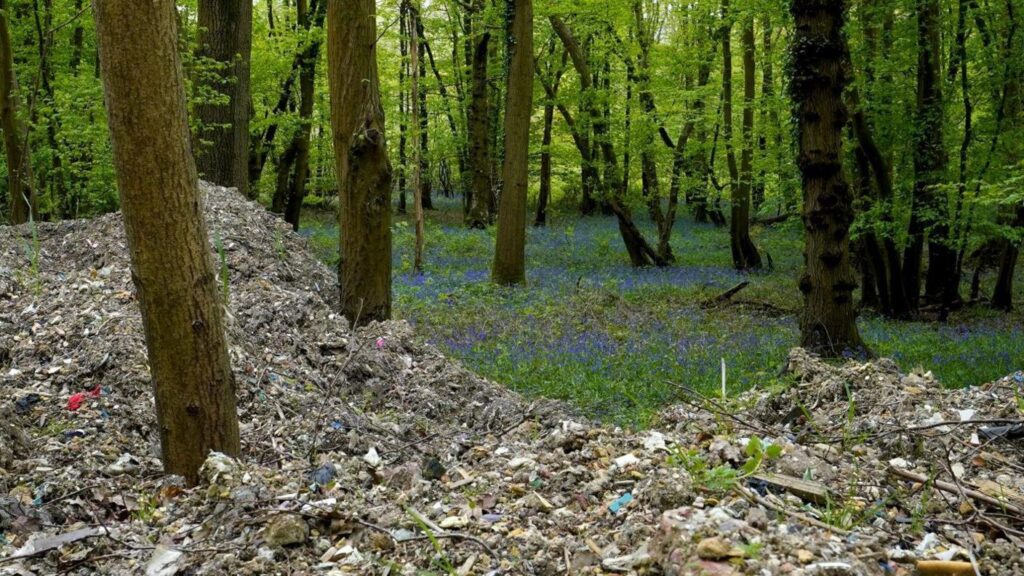The figures are published as official statistics in development (formerly known as experimental statistics) in a report entitled ‘Estimates of Residual Waste (excluding Major Mineral Wastes) and Municipal Residual Waste in England’.
The data from the report shows that residual waste levels fell from 576.8kg per person to 558.8kg per person.
According to the body, the statistics also showed that the amount of residual waste sent to landfill between 2021 and 2022 decreased 6.7% from 243.0 kilograms per person to 226.8 kilograms per person, or from 13.7 million tonnes to 13.0 million tonnes (a decrease of 5.8%).
Conversely, the quantity of waste processed through incineration, including Energy from Waste, experienced a marginal decrease of 0.2%, from 307.4 kilograms per person to 306.8 kilograms per person, representing a 0.8% reduction.
Moreover, the data highlights a 49.9% decrease in residual waste sent outside the UK for energy recovery between 2019 and 2022. This saw a decline from 50.2 kilograms per person to 25.2 kilograms per person, or from 2.8 million tonnes to 1.4 million tonnes, reflecting a decrease of 49.1%.
‘Spotlight’
Diane Crowe, group sustainability director at Reconomy, said: “This data shines a spotlight on the amount of waste we are creating which cannot be recycled or reused and therefore must be sent to landfill or incineration.
“These methods both have negative consequences for the environment, so it is encouraging to see the amount of residual waste produced is falling. Likewise, there has been a notable downtick over the past few years in the amount of residual waste sent to landfill, damaging ambitions of a more circular economy.
“Waste generation is harmful as it loses the value of resources and ramps up pressure on finite natural resources. Ensuring materials and products remain in use for as long as possible maximises their value in the circular economy.
“The UK is clearly making good progress towards a more circular waste management model but there are powerful levers of change that the industry, working with government, must begin to pull to accelerate this transition.”
To find out more about changes in the sector, visit the National Letsrecycle.com Conference on 6 June at QEII Centre in London. To book tickets to attend or for more information please click here.








Subscribe for free